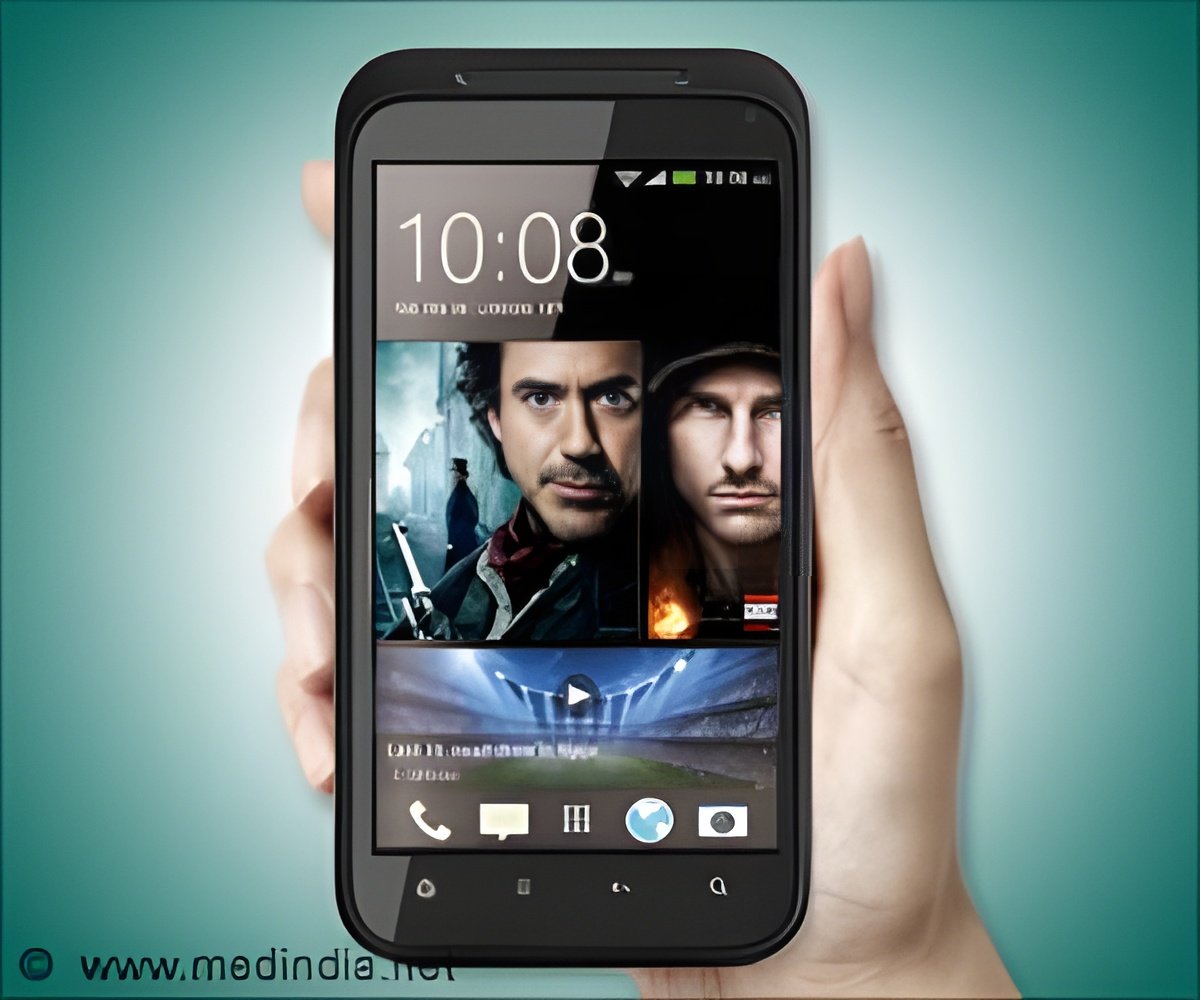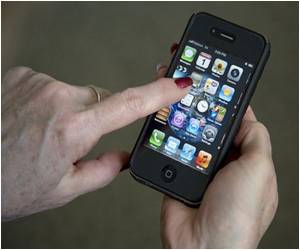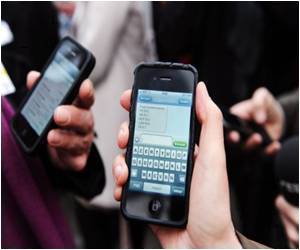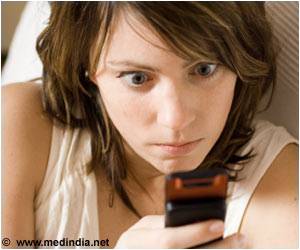Soon your smartphone will know your state of mind. Scientists have developed an app that automatically reveals students' mental health, academic performance and behavioral trends.

Computer science Professor Andrew Campbell said that the StudentLife app is able to continuously make mental health assessment 24/7, opening the way for a new form of assessment and this is a very important and exciting breakthrough.
The researchers built an Android app that monitored readings from smartphone sensors carried by 48 Dartmouth students during a 10-week term to assess their mental health (depression, loneliness, stress), academic performance (grades across all their classes, term GPA and cumulative GPA) and behavioral trends (how stress, sleep, visits to the gym, etc., change in response to college workload -- assignments, midterms, finals -- as the term progresses).
The results show that passive and automatic sensor data from the Android phones significantly correlated with the students' mental health and their academic performance over the term and revealed that students who sleep more or have more conversations are less likely to be depressed; students who are more physically active are less likely to feel lonely; students who are around other students are less likely to be depressed.
Also, surprisingly, there was no correlation between students' academic performance and their class attendance; students who are more social (had more conversations) have a better GPA; students who have higher GPAs tend to be less physically active, have lower indoor mobility at night and are around more people.
Source-ANI















